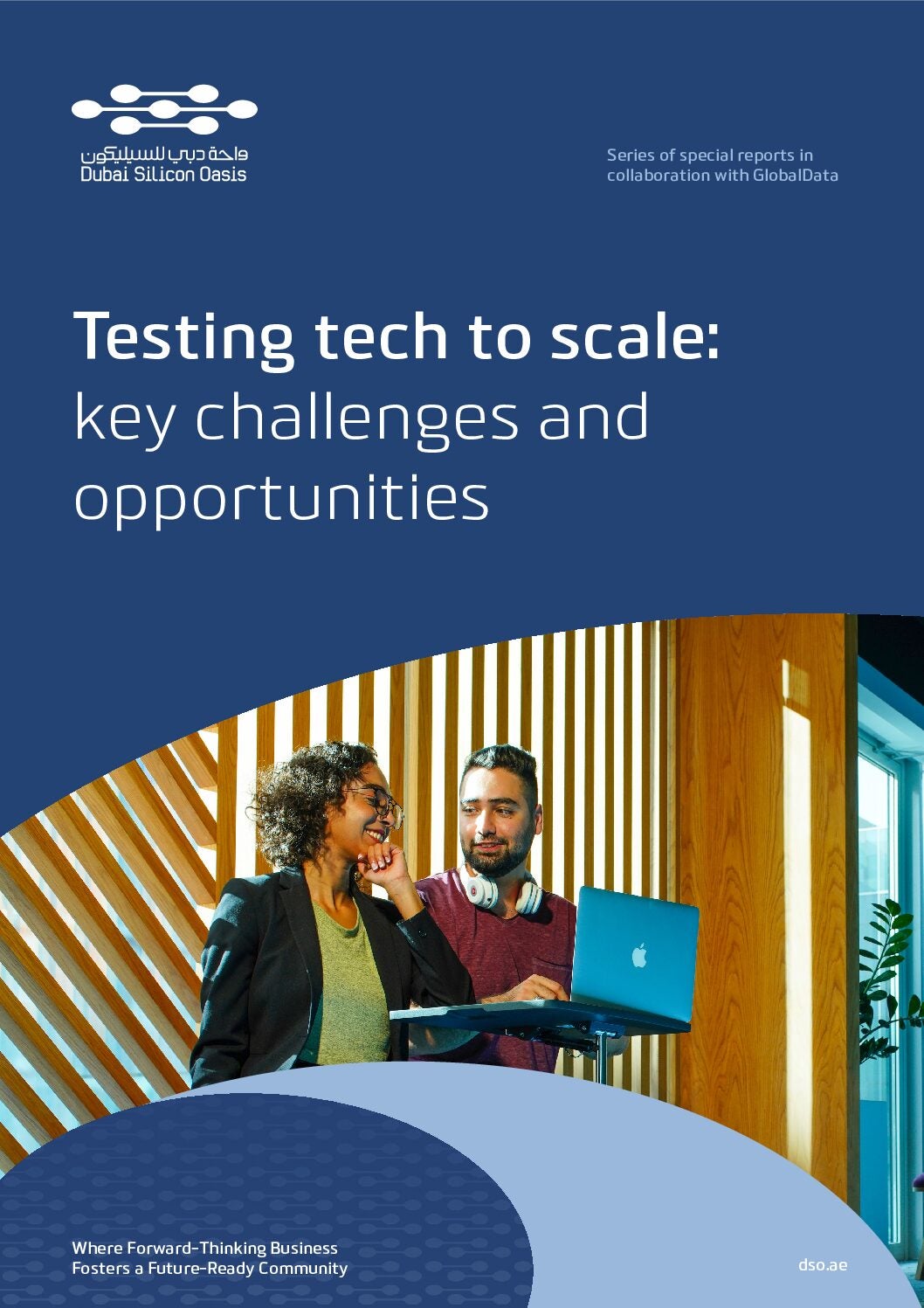With all of the changes seen in the medical devices industry over the last couple of years, many have begun to wonder what 2023 holds for the industry. The Covid-19 pandemic significantly changed the medical devices landscape, and it has started to settle into a ‘new normal’. However, the future of medical devices is set to change once again with the help of artificial intelligence (AI) and machine learning (ML).
The use of AI is growing in several fields globally. The AI market is expected to reach sales of $93bn in 2023, up 12% from 2022, according to GlobalData forecasts. AI in medical devices has been a topic of conversation for quite some time, but AI is expected to become a key driver of medical device innovation, and the use of AI will likely increase in 2023.

US Tariffs are shifting - will you react or anticipate?
Don’t let policy changes catch you off guard. Stay proactive with real-time data and expert analysis.
By GlobalDataThere are many good uses for AI in the medical device industry, such as data management, remote surgery, diagnostic and procedural assisting, clinical trials, and more. AI can improve medical device manufacturing efficiency and reduce risk through ML. Computers can take in huge amounts of data and learn errors along the way. This, paired with automation, increases efficiency and eliminates the possibility of human error. AI can also be used in hospitals and other healthcare facilities to provide an efficient patient experience while making room to treat more patients daily. Some AI platforms focus on automating and prioritizing patient safety. These platforms can help hospitals better manage their operational costs by tracking wait times, as well as reducing inpatient and emergency department length of stay.
Due to the Covid-19 pandemic, the digital health space has become incredibly popular over the last few years. While the sector experienced a bit of a slowdown after 2020, digital health measures and telehealth have continued to grow and are still gaining popularity. As a result, AI will become increasingly important to ensure demands can be met. Digital health and AI are very closely connected, and AI can make digital health more accessible and easier for patients. For example, the use of AI in telehealth has allowed for the creation of AI chatbots, which can review a patient’s symptoms and suggest next steps, such as an in-person follow-up where necessary.
The FDA granted accelerated approvals of medical devices with AI in 2022, which is expected to continue through 2023. As more AI-based tools and devices are approved, providers can include AI in their everyday practice.






